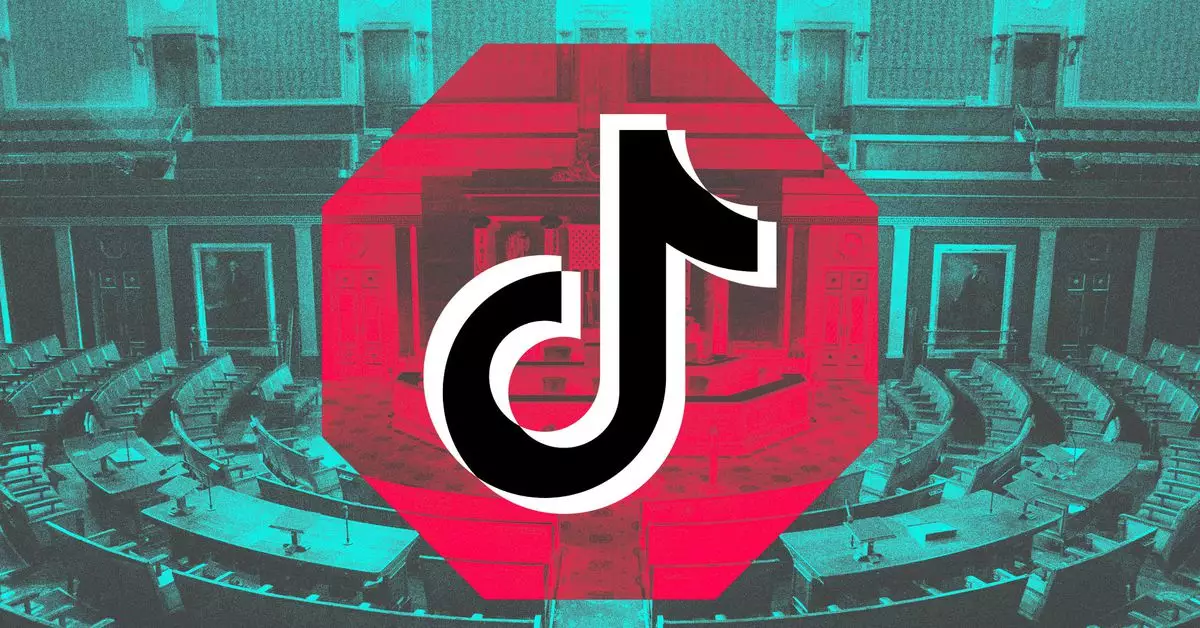The recent passing of a bill in the Senate that would force China-based company ByteDance to sell TikTok has sparked significant controversy and debate. This maneuver reflects clever political tactics in the House, where the bill was packaged with a high-priority foreign aid package to expedite its passage. By extending the timeline for ByteDance to complete a sale, the bill garnered more support in the Senate and ultimately passed by a vote of 79-18.
Lawmakers and intelligence officials have expressed concerns about TikTok’s ownership by a China-based company, citing the potential threat to the data of its US users. The existence of a Chinese national security law that allows companies in China to hand over internal information has raised alarm bells. While TikTok maintains that it is based in Singapore and does not store US information in China, suspicions about Chinese government influence on user content persist.
Senate Commerce Committee Chair Maria Cantwell stressed the importance of preventing foreign adversaries from engaging in espionage, surveillance, and other malicious activities through platforms like TikTok. She emphasized that the aim of the legislation is not to punish ByteDance or TikTok but to safeguard vulnerable Americans, servicemen and women, and US government personnel from potential threats posed by foreign-owned social media platforms.
Senate Intelligence Committee Chair Mark Warner echoed these sentiments, highlighting the risk of platforms like TikTok being covertly manipulated to serve the goals of authoritarian regimes. He criticized TikTok’s proposed data governance solution, Project Texas, as inadequate and subject to Chinese government exploitation. Warner reassured young Americans who fear the loss of TikTok that the legislation is not about stifling their voices but about addressing legitimate security concerns.
Warner acknowledged the skepticism of young Americans towards the legislation and emphasized the need for meaningful consumer protections in the tech industry. He recognized the perception that the bill may serve as a distraction or concession to US social media platforms due to Congress’s failure to enact comprehensive regulations. Warner reassured the public that the goal is for TikTok to continue operating under new ownership, potentially American-owned.
President Joe Biden has publicly committed to signing the bill into law and swiftly addressing the American people about its implications. He emphasized the urgency of sending aid to Ukraine and underscored the importance of safeguarding national security interests through decisive legislative action. By prioritizing the signing of the bill, Biden aims to address concerns about foreign influence on social media platforms like TikTok and bolster national security efforts.
Overall, the passage of the TikTok legislation reflects a comprehensive effort to address national security risks and safeguard the privacy and interests of US users. The political maneuvering and bipartisan support behind the bill signal a unified commitment to countering potential threats posed by foreign-owned platforms. As ByteDance navigates the sale of TikTok to comply with the new legislation, the future of the popular social media app in the US remains uncertain but underscores the importance of robust data protections and oversight in the digital age.


Leave a Reply
You must be logged in to post a comment.